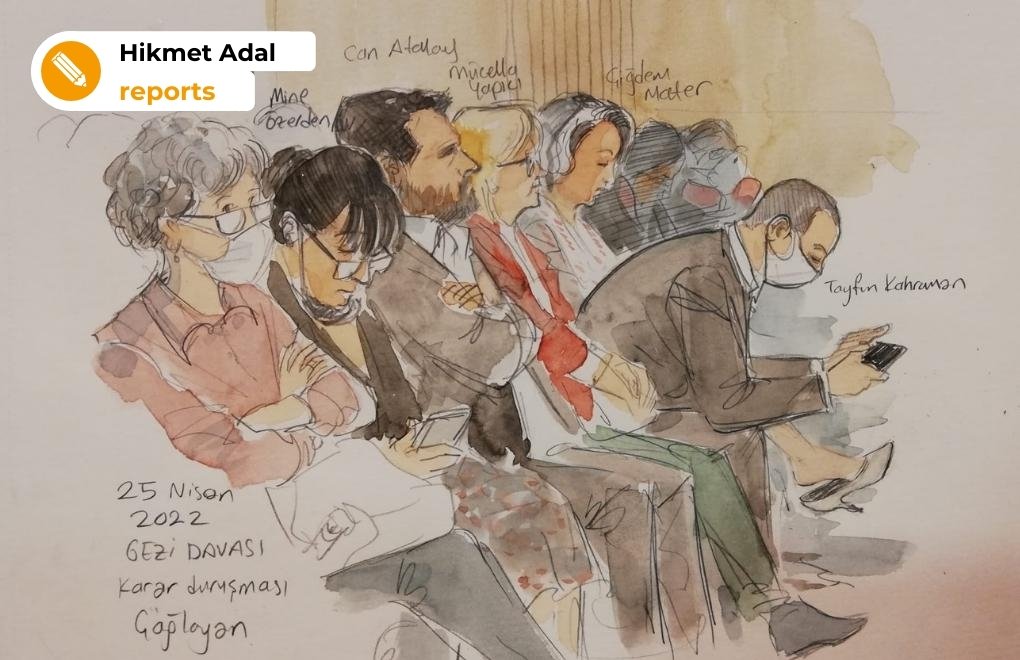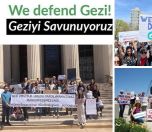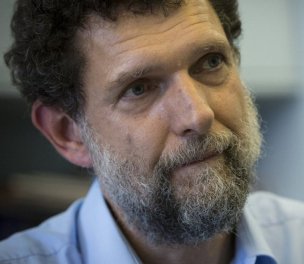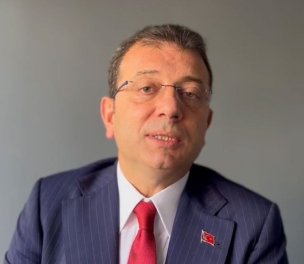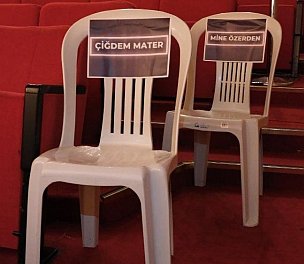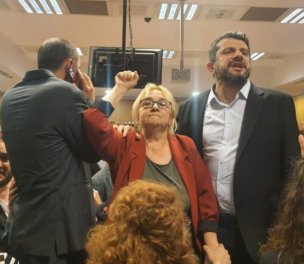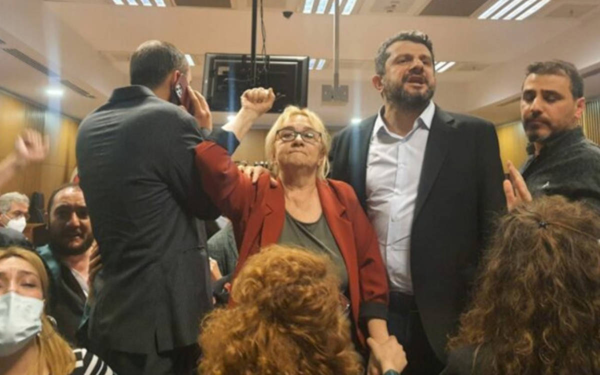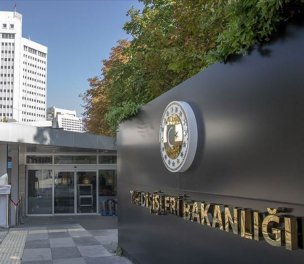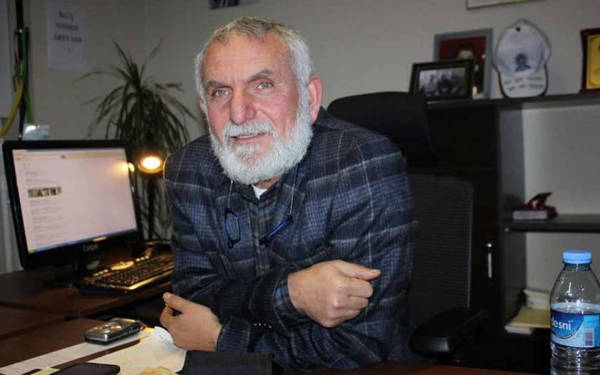Click to read the article in Turkish
The İstanbul 13th Heavy Penal Court announced its justified ruling regarding the Gezi Trial yesterday (Jun 7).
The İstanbul 13th Heavy Penal Court sentenced Osman Kavala to aggravated life imprisonment for "attempted overthrow," while the other defendants Mücella Yapıcı, Can Atalay, Tayfun Kahraman, Ali Hakan Altınay, Yiğit Ali Ekmekçi, Çiğdem Mater and Mine Özerden had been sentenced to 18 years in prison for assisting this crime.
Former Turkey Prime Minister and the leader of Future Party, Ahmet Davutoğlu filed a petition to the Istanbul 13th Heavy Penal Court saying, "I never filed any complaints against any of the defendants". Upon that, Davutoğlu's name was removed from the complainant's list.
However, Ali Babacan, a former Justice and Development Party (AKP) deputy prime minister and finance minister and the current leader of the DEVA Party said "We did not file any complaints [against the Gezi Park trial defendants], so we cannot withdraw any complaint that we did not file," on a TV broadcasting. Babacan's name remained on the list.
While 84 pages of the 610-page justified ruling included information about the complainants, participants, and defendants, most of them were statements of the defendants and lawyers at the hearings.
The court that listed the laws and precedents in its justified ruling, did not accept the data obtained through illegal wiretapping activities during the Fethullahist Terrorist Organization (FETÖ) era as evidence but still included the tapes in its justified ruling.
Referring to a decision of the Military Court of Appeals in 1997, the court did not ask for material evidence on the grounds that the purpose of political and military espionage should be evaluated with intent.
Kavala's speaking with journalists is considered a crime
In the justified ruling, the court stated that Gezi Protests were organized by Kavala and said that "Kavala has close connections with George Soros."
It was also claimed that preparations for the Gezi Protests started in 2012 and all international initiatives regarding Gezi Protests were established by Kavala. Kavala also financed the protests, the court said.
In the justified ruling, the court stated that Kavala supported the production of visual materials such as documentaries, films, and exhibitions.
"Kavala has control over Taksim Solidarity through Can Atalay and over Taksim Platform through Mine Özerden," the court said.
Regarding Kavala, the court stated the following:
"Although he was actively involved in all decision-making and financial processes of Gezi Attempt, he did not take any official steps not to expose himself and were not present in places where violent acts took place."
The court also said that Kavala's conversations with journalists constitutes a crime.
Emekçi and Altınay's friendship is considered a crime
The court cited the relationship with Osman Kavala, Ali Hakan Altınay, Mine Özerden and Çiğdem Mater for the sentence given to Ali Yiğit Ekmekçi, the deputy chairperson of Anadolu Kültür.
The court also stated that Ali Hakan Altınay's relation with Ali Yiğit Ekmekçi, Osman Kavala, Gökçe Tüylüoğlu and Can Dündar constitutes a crime.
"It has been understood that they assisted Kavala especially for establishing international connections," the court stated.
Çiğdem Mater's documentary is considered a crime
The court also claimed that Mater acted according to Kavala's orders during Gezi Protests.
Stating that Mater coordinated film, documentary, and video productions, the court said:
"...It has been understood that they participated in the Sarajevo Film Festival and had a series of talks about the Gezi Attempt Documentary that they were planning to make. However, they did not finish the production of the documentary since Gezi Attempt did not reach its goals."
Mine Özerden's writing the press statement is considered a crime
Citing Mine Özerden's being the coordinator of Taksim Platform as the reason for the sentence given to her, the court said Özerden's writing a press statement was assisting Kavala in the crime.
Mücella Yapıcı's relationship with Kahraman and Atalay is considered a crime
In the justified ruling, the court stated that Mücella Yapıcı was the secretary of Taksim Solidarity and said "Yapıcı's relationship with Tayfun Kahraman and Can Atalay constitutes a crime."
The court also considered the social media posts of Taksim Solidarity as provocative.
Can Atalay's statements "provocative"
Noting that Can Atalay was the attorney of the Taksim Solidarity Platform, the court cited the same reasons that it considered a crime for Mücella Yapıcı.
The court found Atalay's speeches during the press statements as provocative and said "the statements do not reflect the truth."
"Again, the defendant made many provocative speeches on media. It has been determined that Atalay was constantly sharing provocative posts on social media and calling the citizens to participate in the attempt," the court said.
Tayfun Kahraman's "crime" the same as Yapıcı and Atalay's
In justified ruling, the court stated that Tayfun Kahraman's "crimes" were the same as Yapıcı and Atalay's.
"It has been determined that Tayfun Kahraman was actively involved in the meetings of Taksim Solidarity, and sharing provocative posts from the Platform's social media accounts calling citizens to participate in the attempt," the court stated.
CLICK - Who are the eight convicts of the Gezi case?
CLICK - Court turns down appeal against arrest of Gezi convicts





